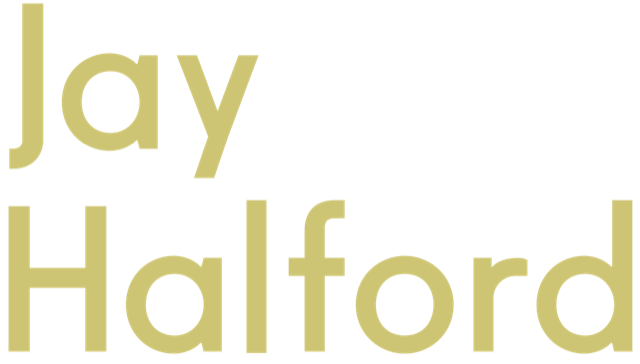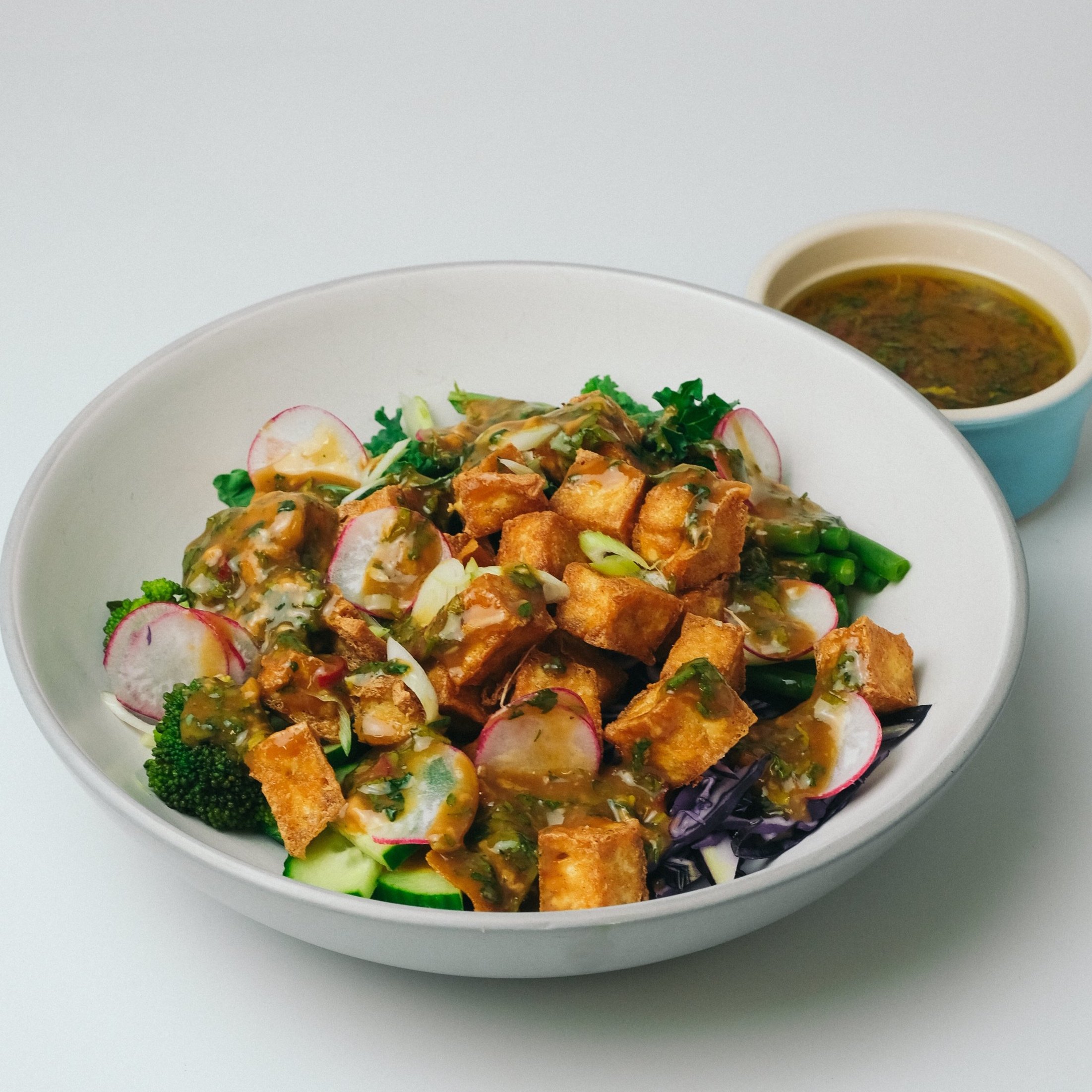My Top 5 Vegan Protein Sources and How To Implement Them Into Your Diet
If you're a vegan or vegetarian, you know that getting enough protein in your diet can be a challenge, specially if you are only just starting out. But there are plenty of plant-based protein sources that can help you meet your daily requirements. Here are five of my absolute favourite plant-based protein sources and how you can use them moving forward:
Lentils
Lentils are the bomb! They're super healthy and can be used in tons of different dishes. Not only are they packed with 18 grams of protein per cup, but they're also loaded with fiber, iron and other essential nutrients that are crucial for staying healthy.
Throw some lentils into your soups and stews to give them a rich and satisfying flavor, while also adding a healthy dose of protein and fiber. Or, get creative and toss them into your salads for a unique texture and flavor. Lentils are the perfect meat substitute for anyone trying to cut back on beef (if you aren’t fully plant-based). Try making lentil burgers instead of traditional beef burgers for a tasty and healthier alternative.
The best part? Lentils won't break the bank. You can find them at most stores without spending too much money. Plus, they last a really long time, so it's easy to always have on hand.
Quinoa
It's a super versatile and healthy food that you can add to your diet. It's got everything you need - all nine essential amino acids, fiber, iron, and magnesium - so it's a great way to keep your diet balanced and healthy.
The best thing about quinoa is that you can prepare it in so many ways. You can use it as a base for salads, as a side dish, or even in place of rice or pasta in recipes like quinoa stir-fry. Plus, you can use it for breakfast bowls, baked goods and even desserts. Get creative with your recipes and find the ones that work best for your taste preferences. Quinoa is also great because it's eco-friendly and gluten-free, so if you have gluten sensitivities or celiac disease, quinoa is a perfect option for you.
Chickpeas
Chickpeas are one heck of a versatile and tasty protein source, packing up to 15 grams of protein per cup. They're not just high in protein, but also fiber and other nutrients like folate, iron, magnesium and zinc. There are tons of ways to get these legumes into your grub. They're perfect to toss into a salad, giving it some extra texture and flavour. You can also whip up some hummus, a healthy dip that'll make your taste buds dance. Try chickpeas in a curry for some flavour and filling goodness.
Feeling snacky? Roasted chickpeas are a top choice for a healthy nibble. They're a breeze to make at home and you can toss on all sorts of seasonings for a tasty and nutritious snack that beats out chips and other junk food.
Hemp Seeds
Hemp seeds are a complete protein, with 10 grams of protein per 3 tablespoons, but they've also got a ton of other health benefits. For starters, they've got essential fatty acids that help keep your skin, hair, and nails healthy. Plus, they're packed with minerals like magnesium, which is super important for keeping your bones strong.
The best part? There are so many ways to incorporate hemp seeds into your diet. You can sprinkle them on salads, smoothies, or even use them to make energy bars. And that's just the beginning! You can use them in baking, as a topping for oatmeal or yogurt, or even add them to your morning cereal. Seriously, the possibilities are endless!
Tempeh
So, you want some protein and a happy gut? Try tempeh! It's made from fermented soybeans and packs 16 grams of protein per 3-ounce serving. Plus, it's got those gut-friendly probiotics that we all need. Use it in stir-fries, sandwiches or marinate and grill it up as a tasty protein-packed main dish. Yum!
Adding these plant-based protein sources into your meals can be an easy way to ensure that you meet your daily protein requirements. These sources not only provide you with the necessary protein, but also a variety of other essential nutrients such as vitamins, minerals and fiber. By incorporating these into your diet, you can also reduce the risk of chronic diseases such as heart disease, type 2 diabetes, and certain types of cancer. These protein sources are often less expensive and more environmentally sustainable than animal-based protein sources.

